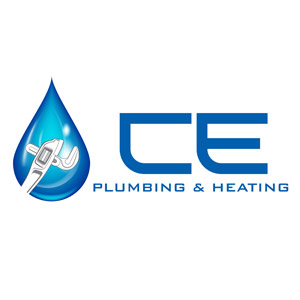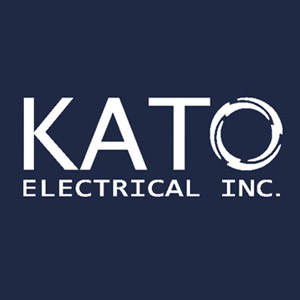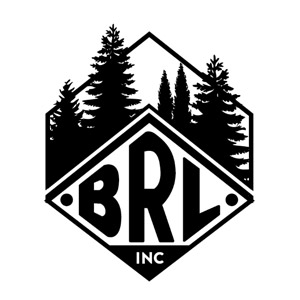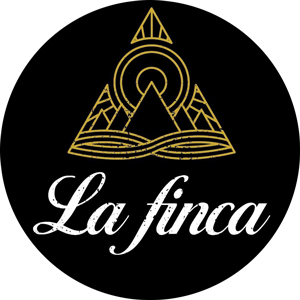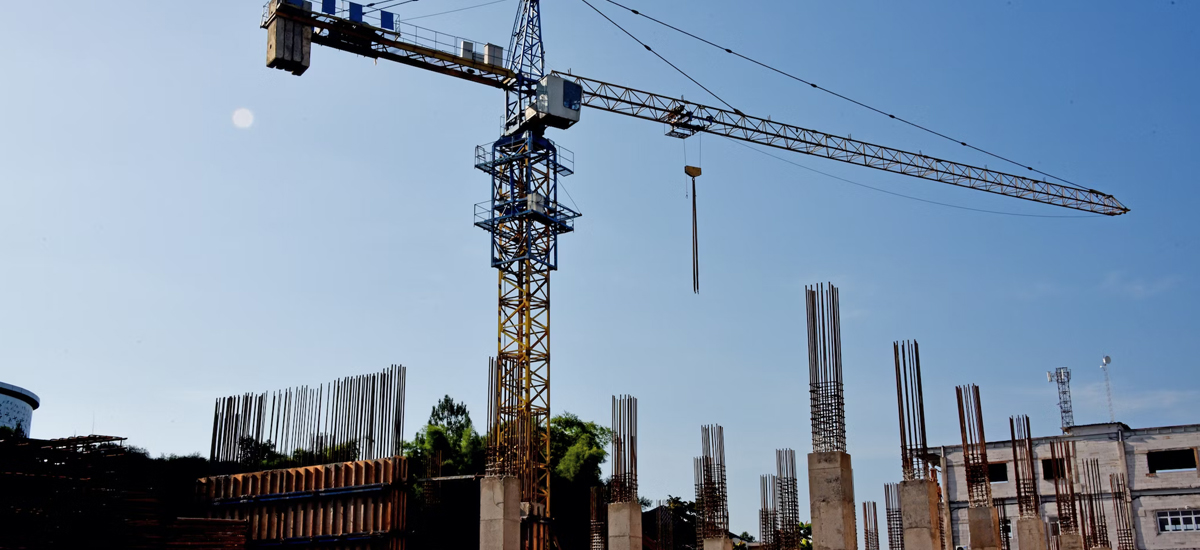
Bid Bond vs Performance Bond: Key Differences
This article will delve deep into the nuances of a Bid Bond vs Performance Bond, highlighting their key differences, real-world applications, and their broader implications

If you are looking to bid on a project or tender that requires a Bid Bond, we can help with that! Bid Bonds are often accompanied by a consent of surety in the construction industry. We provide complete contract bonding services for all types of businesses & contractors. In order to have a bid bond issued for your company, you’ll require what is called a Bond Facility. Learn more about the requirements below and start your application process online today.
A Bid Bond is a three party security agreement that guarantees the specifics of a contract commitment to a project owner or Obligee. Apologies if that was a bit of a mouthful, but not to worry – our bonding experts can clarify any specifics with you throughout our application process. For now, let’s dive into what a Bid Bond really is.
Surety Bonds, in general, are like a prequalification or recommendation with a secure financial backing. A Bid Bond is one of the instruments used as a qualification mechanism. It’s typically requested during the tender phase of a project or contract and enables you to bid on that specific contract or job. The Bid Bond document, whether an original copy or verified “e-bond”, is submitted to a project owner along with the tender or quote for said contract. This is used as evidence of commitment to a project owner that your business can completed the specified contract for the amount stated. In Canada, the most common Bid Bond amount is ten percent (10%) of the contract value; however, other amounts can be submitted when requested as well.
So, is a bid bond insurance? No! This is an important point and it should be understood that the bonding company is expecting to be made whole in the event a contractor fails.
Bid Bonds work and can be required by project owners as a part of their risk mitigation during a tender or bidding process. The project owner in surety terminology is called the “Obligee”. It is most common for projects in excess of $100,000 in value in both the public and private sector to request bonds for not only the tender phase, but also upon award. Provincial and Federally funded projects often have Bid Bond requirements. We’ll get into the other types of bonds that you are able to provide with an active Bond Facility later.
From an Obligee’s perspective, requiring a Bid Bond from bidders when reviewing tender submissions will keep contractors from providing frivolous bids. This is because the bond itself creates an obligation to the owner that the work specified will be taken on should the contractor bidding be awarded it. The Bid Bond is backed by a Surety Company, but ultimately the contractor pursuing the work (also called the “Principal”) is responsible for any damages if they are unable to follow through with their bid.
If the submitting contract / Principal is unable to continue with a project for the amount they submitted when tendered, the bond can be forfeit to the Obligee for the amount stated (typically 10%). This inability to perform or when a contractor fails is referred to as a “Default”. It’s important to differentiate a Bid Bond which is a guarantee on a tender submission with Performance and Payment Bonds which guarantee the actual performance of work on a contract. They are different instruments although both are made available through your Bond Facility once it is setup.
The cost of a Bid Bond will depend on various factors which is referred to in the industry as “The 3 C’s of Surety”. They are Character, Capacity, and Capital. We’ll explain what each of these mean shortly.
Each of these is an important aspect of your company’s ability to be bonded and to what extent. Once a Bond Facility is setup, providing a Bid Bond itself won’t cost you anything; however, the ability to provide a Bid Bond as well as various other bonding documentation is only possible once a facility is established. Think of a Bond Facility as your annual subscription to have the capability of providing contract bonds.
The cost of a Bond Facility – which is your annual subscription to bonding capabilities – can very depending on the details mentioned above. Typically you’ll be looking at costs in the $3,000 range annually for setup and maintenance of Bid Bonds.
The fastest way to get your company bonded is to start the application process today with our bid bond application here!
There’s no way around it, setting up a Bond Facility for the first time does take quite a bit of work. The good news is, once you’re all setup – maintaining the facility is a breeze as long as you have health bookkeeping practices. Different Bonding companies may have different practices for what it takes to get you approved to provide contract bonds, but in general, you should expect to be able to provide the following:
1
Your Company’s Financial Statements – We typically like to review the past 2 year-end, accountant prepared financial statements. Review Engagements Statements are preferred, but we can also work with Notice-to-Reader (NTR) Statements if that is all that’s available. If it has been awhile since your last year-end, you should also be prepared to provide interim / internally prepared statements including:
2
Personal Net Worth Statement for each Shareholder – Acquiring a bond facility for your business often includes a personal guarantee including an indemnity agreement. These documents will give us and our selected surety company an indication of personal financial strength for the businesses shareholders
3
Contractor’s Questionnaire – We want to understand your business and ensure you can obtain the bonding support you need! This document will provide a summary of your company and its history including past work completed, ownership structure, and more. We’re always available to assist with these application completion documents so don’t worry if at first glance it looks like a daunting task.
Besides a Bid Bond, the typical Surety Bond requirements can all be provided through your Bond Facility backed by our reliable surety companies. These other types of bonds include Performance Bonds, Payment Bonds, and are often in the CCDC (Canadian Construction Documents Committee) format or other wording as preferred by project owners.
We always have the capability of providing verified “E-Bonding” that is in compliance with the Surety Association of Canada’s required criteria outlined here.

This article will delve deep into the nuances of a Bid Bond vs Performance Bond, highlighting their key differences, real-world applications, and their broader implications

In the world of contracts and procurement, you may have come across the term ‘bid bond’. It is a critical element in ensuring the smooth
